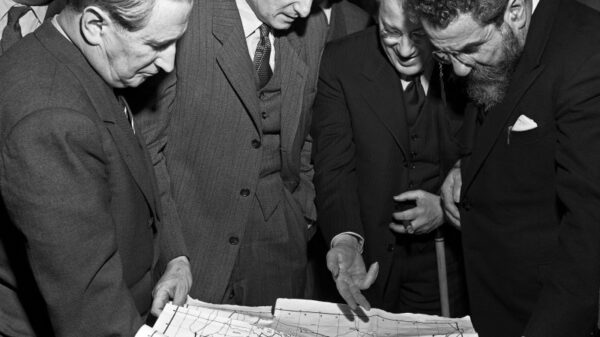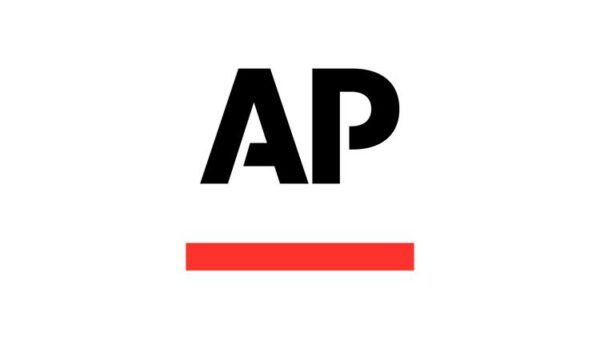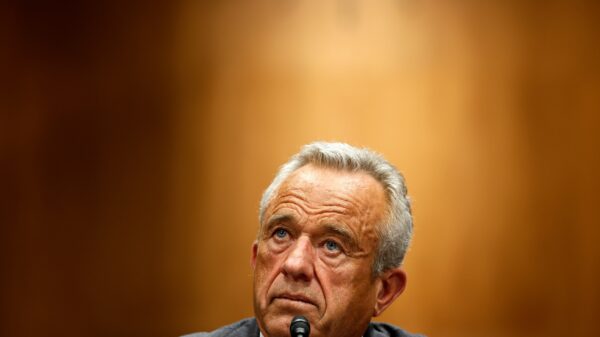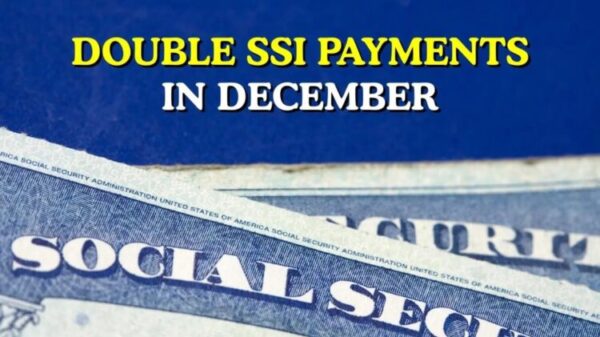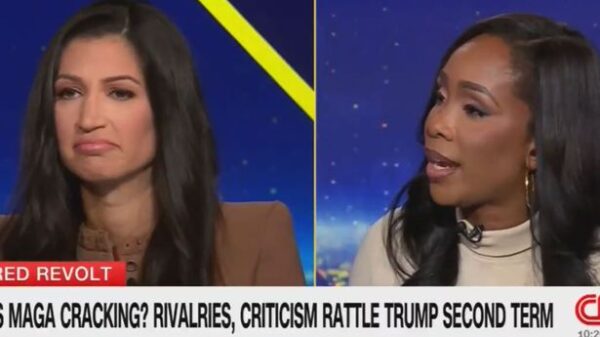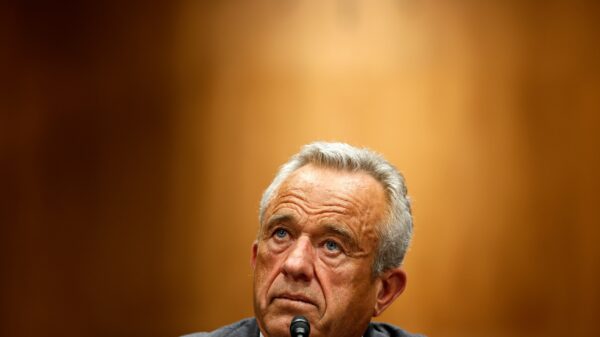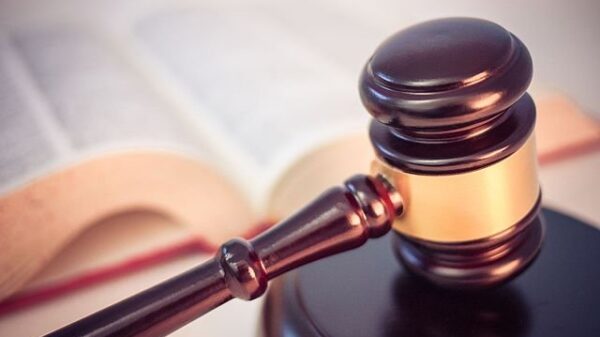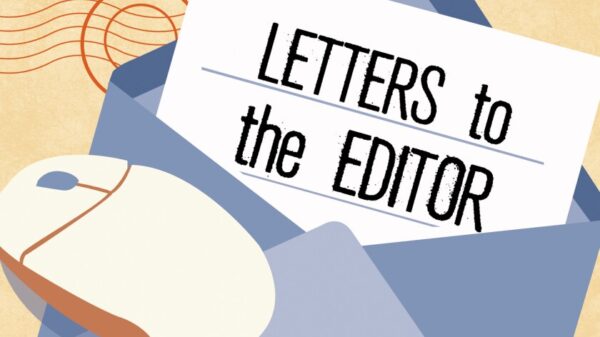Allies of former President Donald Trump are actively pursuing a requirement for documentary proof of citizenship for voting in U.S. elections, despite setbacks in Congress and the courts. The U.S. Election Assistance Commission has received over 380,000 public comments on a petition from America First Legal, a conservative group co-founded by Stephen Miller, calling for this requirement to be added to the federal voter registration form.
The proposal seeks to mandate that voters present documents verifying their citizenship. Proponents argue this measure is critical for enhancing the integrity of the voting process, ensuring that only eligible U.S. citizens can register and vote in federal elections. A group of Republican lawmakers has described the initiative as “simple, common-sense reform,” likening it to the requirement to show identification when boarding an airplane or opening a bank account.
Opposition from voting rights groups characterizes such requirements as unnecessary and potentially harmful, arguing they could disenfranchise eligible voters. The discourse surrounding noncitizen voting is contentious; while conservatives raise concerns about its prevalence, evidence indicates that such occurrences are extremely rare.
Recent Legal Challenges and Legislative Efforts
This latest initiative follows a failed executive order by Trump in March 2024, which sought to enforce a similar provision. However, two federal courts blocked the order, ruling that it exceeded presidential authority. The Constitution assigns state and congressional powers to establish election rules. America First Legal has dismissed these legal setbacks, asserting that the commission has the authority to implement election integrity measures independently.
The current federal voter registration form requires applicants to affirm their U.S. citizenship under penalty of perjury. Violating this provision can result in serious consequences, including imprisonment and deportation. This framework was deemed sufficient when Congress passed the Help America Vote Act in 2002.
While the commission can make changes to the voter registration form, there is debate about whether it can impose such a significant new requirement unilaterally. A spokesperson for the commission did not respond to inquiries, as they are currently on furlough due to a federal government shutdown.
America First Legal cites a provision of the National Voter Registration Act of 1993 to bolster their argument. Yet, critics like Jonathan Diaz, director of voting advocacy at the Campaign Legal Center, caution that the commission would first need to establish the necessity of requiring documentation to determine voter eligibility.
Concerns Over Accessibility and Voter Disenfranchisement
Opponents of the proof-of-citizenship requirement, including Democratic Senator Alex Padilla of California and Representative Joseph Morelle of New York, argue that states already have effective systems in place to verify voter eligibility without imposing additional burdens. They contend that the additional requirement could complicate the voting process for eligible Americans.
America First Legal’s petition outlines four types of documentation that would fulfill the proposed requirement: a U.S. passport, a state-issued REAL ID-compliant driver’s license that indicates citizenship, a military ID that shows citizenship status, or a valid federal or state photo ID accompanied by proof of citizenship. While a passport is universally recognized, only about half of Americans possess one. Moreover, only five states offer REAL ID driver’s licenses that include citizenship status.
Diaz highlights that the requirement could disproportionately affect women who change their last names due to marriage, as they might need to present multiple forms of identification, including a birth certificate and marriage certificate, complicating their ability to vote. He noted that similar requirements in New Hampshire earlier this year created significant barriers for eligible voters.
As the commission prepares to review the extensive public comments submitted, it faces the crucial task of determining whether to proceed with the petition. Approval would initiate a formal process that includes additional public comment periods and hearings, shaping the future of voting rights in the United States.





